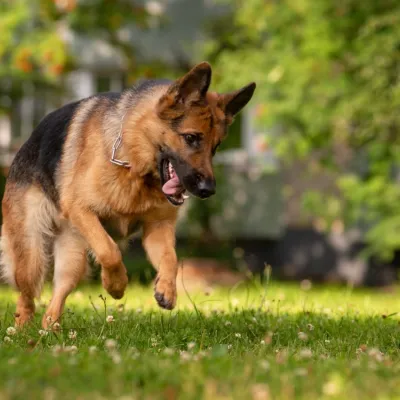Behavior Modification Program

Plans for addressing behavior issues
Modifying and managing behavior (1 to 1)
Customized Training Plan
Owner Education and Involvement
Behavior Modification Program
The complexity and duration of the program
A behavior modification program is a specialized training plan tailored to address specific behavioral issues or problems that a dog may be exhibiting. Here’s what it include:
- Behavioral Assessment: An initial assessment to understand the root cause and triggers of the problematic behavior. This might involve observing the dog in various situations.
- Customized Training Plan: Developing a personalized training plan that targets the specific behavior issue(s) the dog is facing, whether it’s aggression, anxiety, fear, or other problems.
- Desensitization and Counterconditioning Techniques: Using methods to change the dog’s response to certain stimuli, gradually reducing their negative reaction and replacing it with a positive one.
- Positive Reinforcement Techniques: Employing positive reinforcement to encourage desired behaviors and gradually eliminate unwanted behaviors.
- Behavioral Exercises: Implementing specific exercises or activities aimed at modifying the problematic behavior.
- Owner Education and Involvement: Educating the dog owner on how to implement the training techniques at home consistently and effectively.
- Follow-Up Sessions: Regular follow-up sessions to monitor progress, make necessary adjustments to the training plan, and provide ongoing support.
Behavior modification programs are often more intensive and require a deeper understanding of dog behavior. They are tailored to the individual dog’s needs and might take longer to achieve desired results compared to basic training programs. These programs often focus on reshaping behavior patterns and improving the dog’s overall well-being.